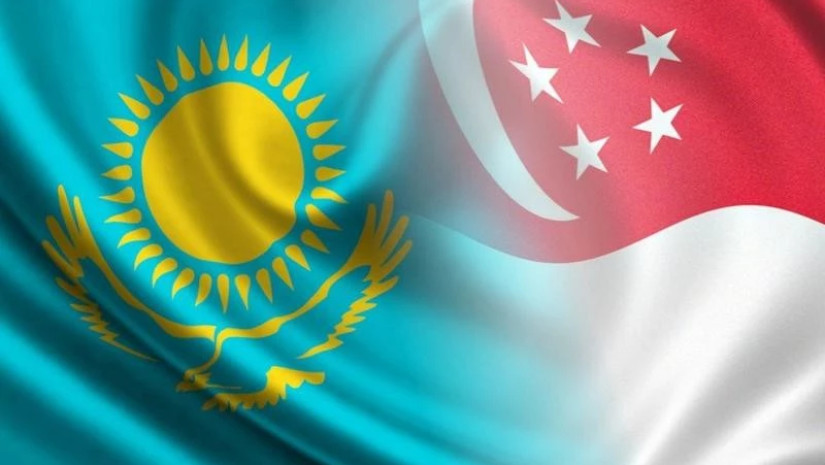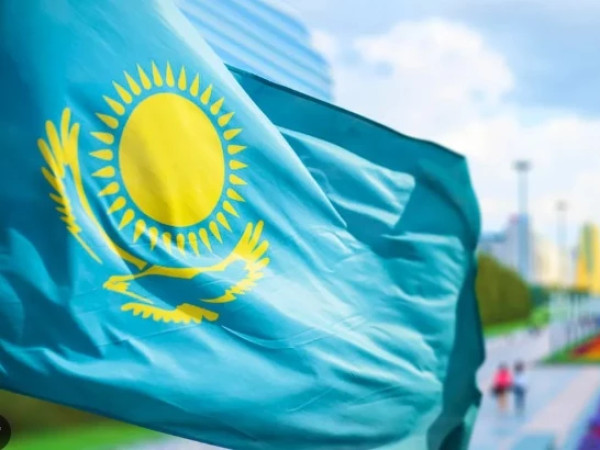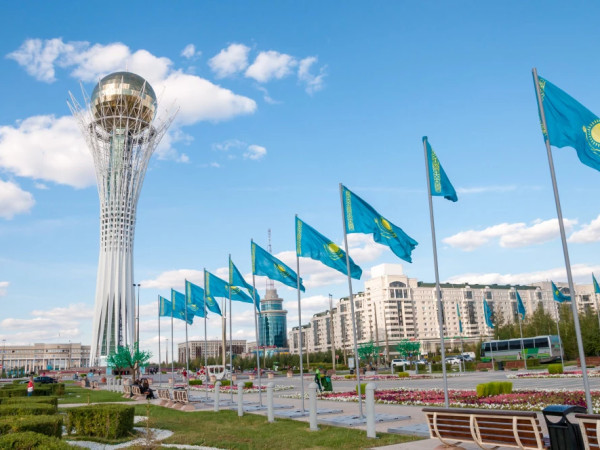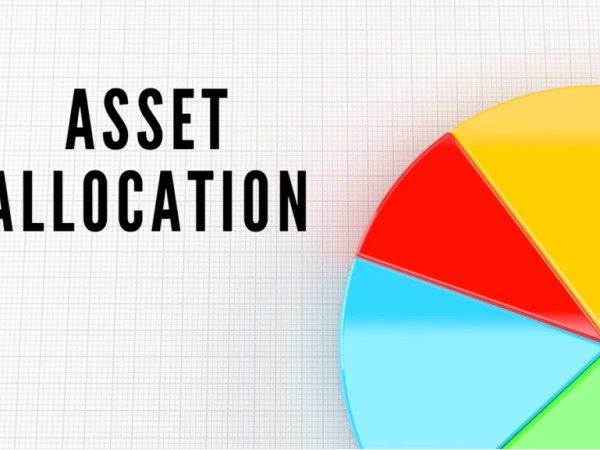Singapore is a small island and Kazakhstan is the 9th largest country in the world through strategic thinking based on partnership and win-win cooperation both countries are forging closer economic ties to create economic growth and business opportunities.
Kazakhstan presents a wide range of investment prospects due to its diverse economy, emphasizing energy, mining, agriculture, logistics, infrastructure, and waste management. Kazakhstan has a stable political environment and actively strives to enhance its business climate, making it an appealing destination for conducting business. The World Bank’s ease of doing business ranks Kazakhstan 25th globally overall and 7 in Protecting Minority Investors.
Situated at the intersection of Europe and Asia, Kazakhstan’s strategic location positions it as a significant transportation hub. Furthermore, Kazakhstan boasts a growing consumer market of 19.5 million people and a GDP per capita of USD 10,373 that offers ample opportunities for businesses.
Kazakhstan is also committed to advancing its technology and innovation sectors, opening up investment possibilities in these domains. Alongside its political, social, and economic stability, Kazakhstan holds a reputable standing in the international community and maintains favorable relationships with neighboring countries of the People’s republic of China and the Russian federation, in addition to the European Union, and the United States. Its role in the global arena is noteworthy. Recognized for its abundant natural resources like oil, natural gas, and minerals, Kazakhstan has traditionally attracted foreign investment in these sectors. Also, the country has made concerted efforts to diversify its economy and attract investments in other areas such as agriculture, transportation, renewable energy, and manufacturing.
In recent years, the Kazakhstan government has implemented various legal and regulatory reforms to streamline business operations within the country. Special Economic Zones have also been established, offering exceptional benefits and incentives for investors. These measures have contributed to a more business-friendly environment, resulting in an increasing number of foreign investors capitalizing on the available opportunities in Kazakhstan.
Approximately 75% of foreign investments in Kazakhstan were allocated to extractive industries such as oil and gas. In the last three years, there has been a decrease in the proportion of foreign investment in these sectors, which now stands at 52%. Conversely, a larger share of investments has been directed toward the processing industry.
As per the recently implemented Concept of Investment Policy, Kazakhstan aims to elevate the level of investment in fixed capital to 25.1% of GDP.
The President of Kazakhstan Kassym – Jomart Tokayev has set a goal for the Government to attract $150 billion in FDI by 2029. The gross inflow of FDI in Kazakhstan exceeded expectations in 2022, reaching a record high of $28 billion over the past decade.
Kazakhstan considers Singapore a significant partner in Southeast Asia, and the two countries have established several intergovernmental agreements with the objective of enhancing trade and economic cooperation. In 2022, the trade turnover between Kazakhstan and Singapore surpassed $1.92 billion, indicating a 60% increase compared to the previous year's figure of $1.16 billion. Notably, this indicator has experienced a remarkable growth rate of 17 times when compared to the year 2020.
Since 2011, Singapore has invested approximately $1.26 billion directly into Kazakhstan's economy, supporting 13 projects valued at $642.6 million. Major Singaporean companies, including Surbana Jurong, PSA, International Cement Group, and others, have already established a presence in Kazakhstan. This demonstrates the recognition of both countries' market potential and the growing trade turnover between them.
Singapore's expertise in finance, technology, and innovation complements Kazakhstan's abundant natural resources, strategic location, and developing infrastructure. Through collaboration on joint projects and investments, both countries can leverage each other's strengths and benefit mutually.
For example, Kazakhstan is actively developing its digital economy and has launched initiatives to attract investments in this sector. Singapore, as a global technology hub, can contribute its experience and knowledge, opening opportunities for cooperation in areas such as e-commerce, fintech, and smart cities.
Moreover, in addition to the domestic market, Kazakhstan is actively developing the Trans-Caspian international transport route, which will connect the vast markets of Asia and the European Union. This presents significant export opportunities not only to neighboring countries like China but also to the EU via this route. Collaborating with Singapore, a major global shipping and logistics center, both countries can enhance connectivity and efficiency in transport links, exploring the potential of the China-Kazakhstan-Singapore Economic Corridor. Together, they can access diverse markets and assist businesses in expanding their global reach.
In the new geopolitical world where secure supply chains are ever more important, Kazakhstan possesses significant potential for the development of rare earth metals production, which is increasingly in demand due to the growth of renewable energy sources and various industries. These metals find application in high-tech sectors such as batteries, magnets, and electronics. The demand for rare earth metals is projected to continue rising in the coming years, and Kazakhstan's abundant reserves position it well to meet this global demand.
President Halimah Yacob's visit to Kazakhstan in May 2023 emphasized the shared commitment of Kazakhstan and Singapore to strengthen their economic ties and explore new avenues for collaboration. The meetings between the two presidents provided a platform to discuss crucial areas of mutual interest, including trade, investment, technology, and innovation.
A significant outcome of President Halimah Yacob's visit was the signing of the Agreement on Trade in Services and Investment under the Free Trade Agreement between the Eurasian Economic Union and Singapore. This agreement will facilitate efforts to enhance economic cooperation and create a more favorable business environment by streamlining regulatory processes and reducing barriers to market entry.
Furthermore, the Agreement will enable contract service providers to access markets, enhance the global recognition of talent, and establish investment protection rules to provide stability and predictability for investors. These developments reflect the deep trust and strong relationships that exist between the governments, businesses, and people of Kazakhstan and Singapore.
Earlier, the Agreement between the Government of the Republic of Kazakhstan and the Government of the Republic of Singapore on the Promotion and Mutual Protection of Investments was signed, which provides for a legal framework for cooperation through the establishment of guarantees for the rights of investors of participating countries, to carry out investment activities. Singapore has ratified this agreement, on our part the document is undergoing the ratification procedure, which will be completed in the near future. The agreement will also contribute to the further development of mutually beneficial trade and economic cooperation between the countries.
Overall, Kazakhstan and Singapore have the potential to create mutually beneficial partnerships in various sectors. By exploring new areas of cooperation and deepening existing ties, both countries can enhance their competitiveness, promote economic growth, and contribute to regional development and further prosperity for its citizens.
Rainer Michael Preiss is a founding member of the Kazakhstan Singapore business council & investment advisor















